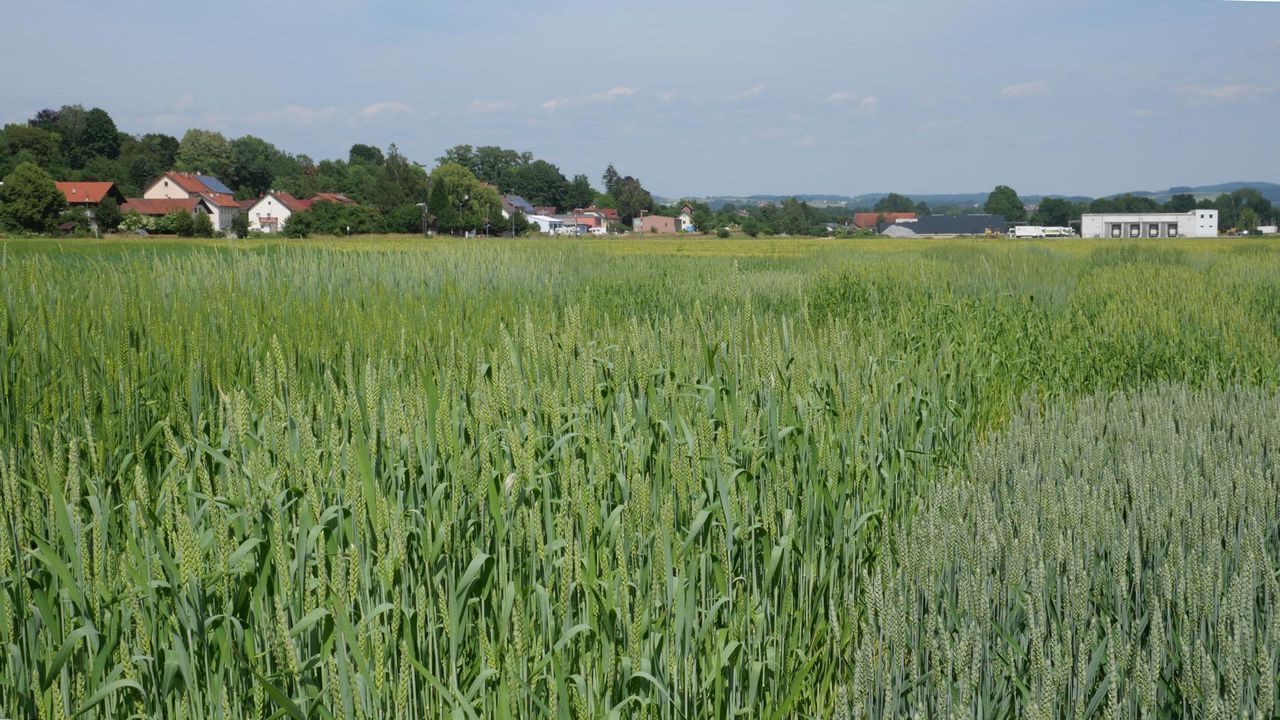
Wheat pasta, wheat bread, and wheat semolina - a large proportion of the cereal products consumed by Germans are made of wheat. However, more and more people abstain from eating gluten, for example to avoid health problems. It is estimated that wheat intolerance affects 0.5 to 6 percent of the German population. In the "ReBIOscover" project, researchers from Karlsruhe Institute of Technology (KIT) and partners are now investigating whether organically produced and traditionally processed bakery products made from old cereal landraces are better tolerated than industrially produced cereal products.
"Many consumers tell us that they subjectively tolerate traditionally handcrafted baked goods made from wheat better than those that have been produced industrially," says Professor Katharina Scherf from KIT's Institute for Applied Biosciences. She adds that the actual causes of health problems associated with the consumption of wheat, however, have not yet been definitively clarified. For example, ingredients altered by cultivation or by the processing methods in bakeries could be the cause. "Traditionally produced bakery products made from old cereal landraces might be better tolerated if they trigger fewer responses of the immune system and contain more potentially beneficial ingredients than industrially produced cereal products," the food chemist explains. "Our diets could become healthier, more sustainable and more varied if we had a larger supply of old landraces and foods produced from them."
In the "ReBIOscover" project (this is short for the rediscovery of regional cereal landraces for sustainable production of organic food specialties) led by KIT, the partners want to intensify research on old landraces and test them in practice with the support of mills and bakeries. To this end, they intend to analyze the ingredients of different cereal varieties and produce organic food specialties with special aroma and taste qualities as well as improved processing properties. For nutrient analyses and baking tests, the LfL (Bavarian state research institute for agriculture), which cultivates old landraces, will provide an assortment of regionally grown wheat varieties.
The Way from Organic Farming to the Consumer
"It pays to look more closely at what you put on your plate and to support the availability of greater variety in cereal products," Scherf says. "We are analyzing what is really true about the assumptions that old landraces and the products made from them are better tolerated by the human body." The results from this project are expected to foster the transfer of knowledge by providing important insights into the entire value chain, from organic farming and processing in the food industry to the consumers. The Chair of Marketing and Consumer Research at the Technical University of Munich (TUM) is developing communication strategies for appropriately addressing the target groups, i.e. the consumers.






